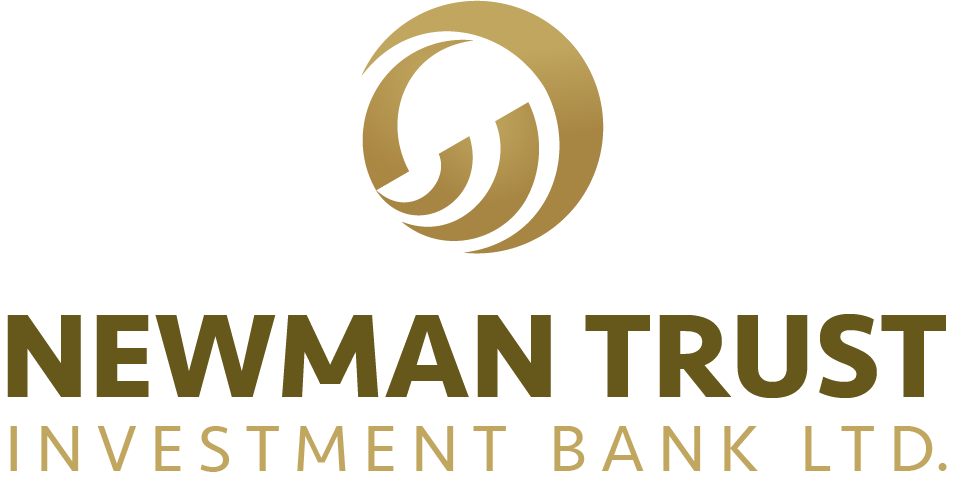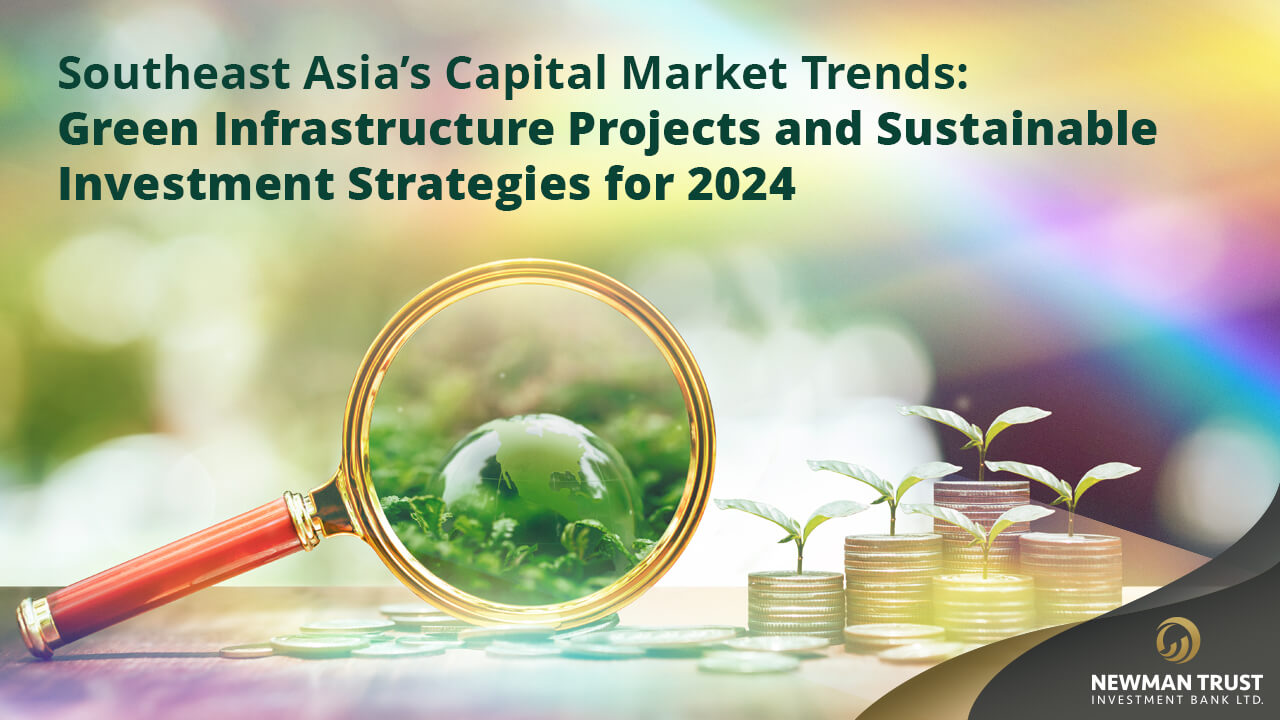In 2024, private equity (PE) firms face a rapidly evolving economic landscape, presenting both opportunities and challenges. As traditional markets undergo transformation, savvy investors are turning toward emerging sectors with strong growth potential. Healthcare, technology, and renewable energy stand out as key drivers in the new economy, offering promising avenues for PE investments.
Private Equity and the New Economic Reality

Private equity firms traditionally invest in companies that need capital for growth, restructuring, or ownership transition. However, today’s volatile global environment—shaped by inflationary pressures, geopolitical uncertainty, and the push for sustainability—has forced firms to rethink their strategies.
Investors are now searching for sectors that can withstand these challenges while delivering robust returns. According to a recent report by Bain & Company, global private equity deal value fell by 19% in 2023 compared to previous years (Source). Yet, despite the downturn, many firms are increasingly optimistic about sectoral shifts that are redefining the investment landscape.
1. Healthcare: A Pillar of Resilience
The healthcare sector continues to be a top choice for private equity firms, driven by aging populations, increasing healthcare needs, and technological advancements like telemedicine. As the demand for better healthcare services grows, PE firms are capitalizing on opportunities in medical devices, pharmaceutical innovations, and health tech.
Investors can look toward areas such as specialized care and outpatient services, which have witnessed significant growth post-pandemic. Moreover, investments in AI-powered diagnostic tools and biotech innovations are gaining traction, offering sustainable growth for years to come.
2. Technology: A Gateway to Disruption
Technology is undeniably at the forefront of today’s economy, from artificial intelligence to the digitization of traditional industries. Private equity firms are increasingly attracted to tech-driven companies with high growth potential. In 2024, investment opportunities abound in cloud computing, cybersecurity, and AI solutions.
However, investors must exercise caution, as valuations in the tech space can be volatile. A strategic approach focusing on companies with proven business models, scalability, and innovative solutions can help mitigate risks. Sectors like software-as-a-service (SaaS) and fintech are expected to lead the charge, offering strong returns despite market fluctuations.
3. Renewable Energy: Investing in Sustainability
Renewable energy has become a cornerstone of sustainable investing, bolstered by global commitments to reduce carbon emissions. PE firms are actively seeking out companies involved in solar, wind, and biomass energy production. These sectors offer long-term growth potential, driven by government incentives and increasing corporate ESG (Environmental, Social, Governance) standards.
Private equity investors should consider diversifying their portfolios with renewable energy assets. Opportunities in energy storage, electric vehicle (EV) infrastructure, and smart grid technology are emerging as lucrative targets. Although the sector may face regulatory challenges and capital intensity, its long-term potential aligns well with sustainable investment goals.
Key Factors to Consider When Investing in Private Equity
Private equity investments require a thorough understanding of market dynamics, regulatory frameworks, and sector-specific risks. In 2024, investors should keep the following key factors in mind:
Regulatory Changes: The global regulatory environment, especially in healthcare and energy, is becoming more stringent. Firms must stay updated with compliance requirements to avoid penalties or operational hurdles.
Valuation Sensitivity: Rising interest rates and inflation can affect valuations, particularly in technology and healthcare. PE investors should focus on companies with stable cash flows and long-term profitability to avoid overpaying for assets.
ESG Considerations: Investors are increasingly factoring in ESG metrics when making investment decisions. Incorporating ESG into investment strategies not only aligns with global trends but also offers a competitive edge in the marketplace.
Private equity firms must remain agile and informed as they navigate 2024’s evolving economic conditions. By focusing on high-growth sectors like healthcare, technology, and renewable energy, investors can capture significant returns while mitigating risks. With the right strategies and an eye on emerging trends, private equity remains a potent tool for generating wealth in the new economy.
***Disclaimer: This article is provided for informational purposes only and is not intended as any form of financial, investment, legal, or other professional advice. Before making any investment decisions, it is recommended that you seek advice from financial, investment, and legal professionals to consider your individual financial circumstances and risk tolerance. Neither the author(s) nor the publisher(s) shall be liable for any loss or damage whatsoever arising from or in connection with the content of this article, including but not limited to direct, indirect, incidental, punitive, and consequential damages. Investing in the stock market and other financial markets involves risks, including the loss of principal. Please conduct your own due diligence and consult with a qualified professional before making any investment decisions.






